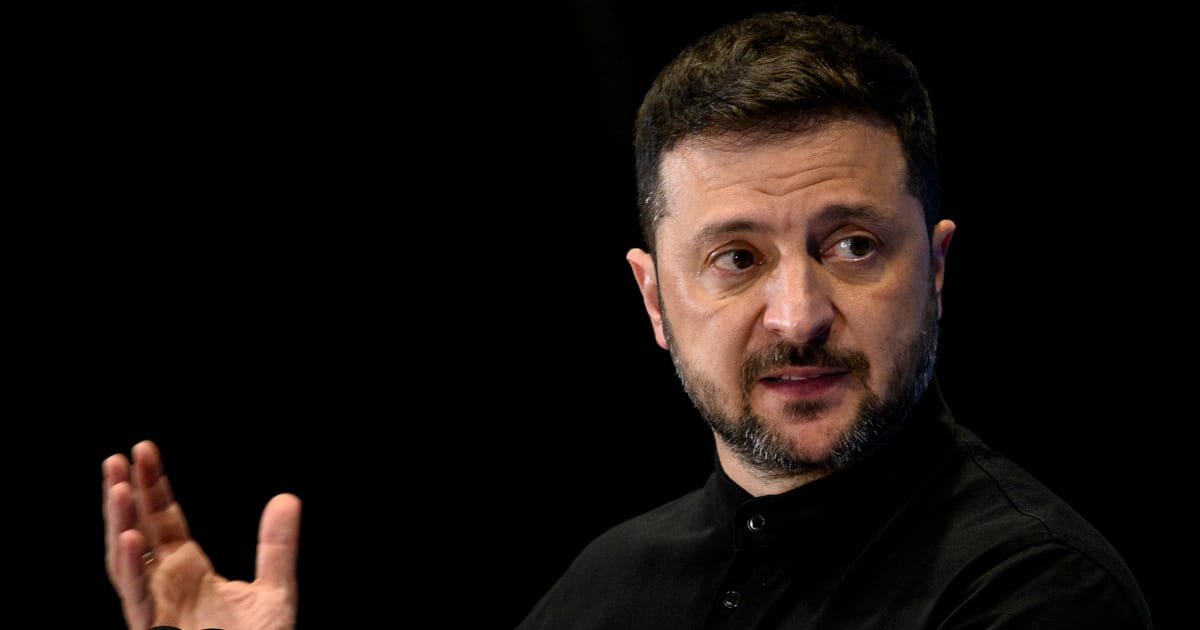

Amidst the ever-evolving global landscape, recent developments offer both challenges and opportunities on multiple fronts. From Ukraine’s steadfast commitment to strengthening anti-corruption measures, to ongoing trade negotiations between the European Union and the United States, and industry dynamics in the automotive and governance sectors, these stories encapsulate a blend of resilience and strategic decision-making.
In Ukraine, President Volodymyr Zelenskyy has responded decisively to public concerns by retracting recent legislation that threatened the independence of anti-corruption bodies. This move highlights Ukraine’s dedication to transparency and accountability. Just two days after signing a contentious law, the president introduced a bill to restore the independence of these critical agencies. The decision underscores the importance of maintaining robust anti-corruption measures as Ukraine continues to navigate its path toward greater governance standards.
Meanwhile, in the realm of international trade, the European Union faces significant challenges as it negotiates with the United States. A recent outline of the trade deal failed to yield a reduction in the hefty 50% tariff on steel imports imposed during President Trump’s administration. This tariff poses a daunting hurdle for EU steel exporters, threatening their competitiveness amid high energy costs and competition from lower-priced Chinese steel. The European steel industry is keenly watching these negotiations, with hopes for future developments that might alleviate the economic pressure they face.
Shifting focus to the automotive industry, Tesla has experienced a notable decline in sales across Europe. The electric vehicle giant reported a 33% drop in sales in the first half of 2025 compared to the same period last year. Despite updating its popular Model Y, market challenges and economic uncertainties have contributed to this downturn. Tesla Corporation, led by Elon Musk, remains optimistic about weathering the challenges, with cautionary notes about “rough quarters” ahead as they strategize to regain momentum in the European market.
On a more localized note, in Portugal, a significant political preference has emerged concerning leadership at the Banco de Portugal. The government has expressed support for Álvaro Santos Pereira over Mário Centeno for the role of governor. This preference is based on perceived greater independence from political influences, reflecting the ongoing commitment to maintaining integrity and autonomy within the country’s central bank.
These stories, though diverse in nature, reflect a common theme of critical choices and adaptive strategies being adopted on political, economic, and industrial fronts. Whether through reinforcing anti-corruption frameworks, navigating complex international trade negotiations, or choosing leadership that promises independence, the actions being taken are poised to shape future landscapes in meaningful ways.
As the world watches these developments unfold, it remains crucial to stay informed and engaged, recognizing the interconnectedness of these sectors and the broader impact of their outcomes. With each decision and adjustment, there emerges an opportunity for growth, resilience, and advancement in various facets of global society.
Source: {link}
